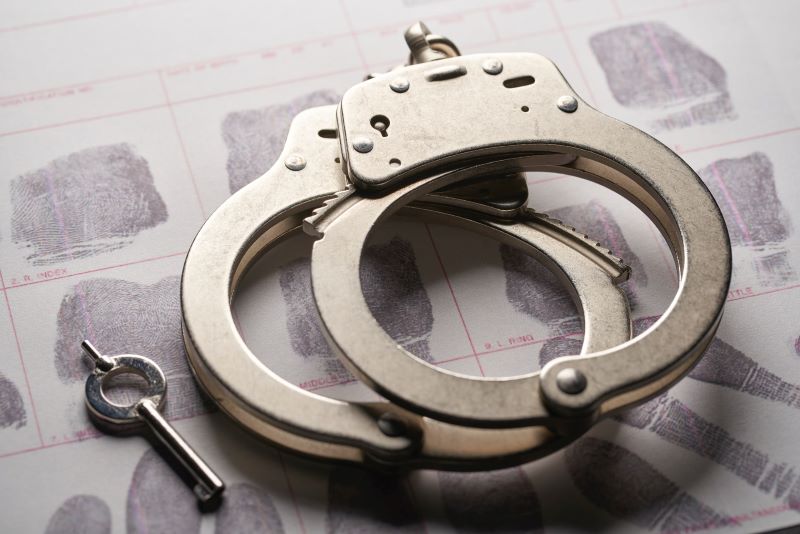Given that the challenge of confronting high corruption involves facing powerful individuals who have a well-connected network of supporters and collaborators and who want to protect their own interests at all costs, it is more than necessary to act systematically and form a wider social front.

Lence Ristoska
High corruption is an international phenomenon that has the same signature everywhere. It is basically characterized by the involvement of high profile entities, which are from the political, state, financial, economic, media, and even the judicial top of societies. The interaction between these participants in the field of corruption is evolving into a high-tech, geographically-dispersed action that must be properly addressed.
Agreements between officials and businessmen, the exchange of power for money, the abuse of official powers for private gain and the influence trade are just some of the examples which show that high corruption is a phenomenon that benefits all those involved in corrupt activities. Herein lies the interest of all parties involved in keeping corruption hidden in their private archives, so it is not uncommon for the power they wield to be used to destroy evidence, influence witnesses and pressure and influence the anti-corruption authorities.
At the same time, the circles in which high corruption takes place have information on how the legal possibilities can be abused, so, in order to cover up corrupt activities and the proceeds of corruption, one can notice the occurrence of using legal entities established in foreign jurisdictions, transactions through foreign bank accounts, fictitious contracts for works or services, registering ownership in another person’s name, etc.
All these aspects make the investigation and the proving of corrupt crimes especially difficult, so the law enforcement authorities are faced with the need to adapt the approach to the investigation and go beyond the established practices.
The modern approach to corruption investigations involves providing and analyzing a large amount of circumstantial evidence, indexing and correlating it, conducting thorough financial investigations, tracking money laundering and property origins. It is particularly important for the law enforcement agencies to have at their disposal technical and human resources and capacities that will facilitate the investigation of corruption cases, to be interconnected and to exchange information smoothly, as well as to be connected to international organizations and networks of professionals who can assist in providing information and evidence located in foreign countries.
However, for visible and long-term effects in the fight against high-level corruption, the political efforts to fight corruption should leave the current declarative character and focus on really overcoming the lack of professionalism arising from partisanship of employees who obstruct the fight against corruption, ignoring the budgetary needs of the key institutions responsible for dealing with corruption, technological backwardness and asynchronization, as well as the lack of interconnection of the institutions. At the same time, given that the challenge of confronting high corruption involves facing powerful individuals who have a well-connected network of supporters and collaborators and who want to protect their own interests at all costs, it is more than necessary to act systematically and form a wider social front. This front should contribute to raising awareness in society about the negative effects of corruption and to building and nurturing professional, moral and ethical standards by promoting transparency, courage, perseverance and integrity.
Lence Ristoska is a public prosecutor in the Basic Public Prosecutor’s Office in Skopje and a public prosecutor for relations of the Republic of Northern Macedonia in Eurojust.



Leave A Comment